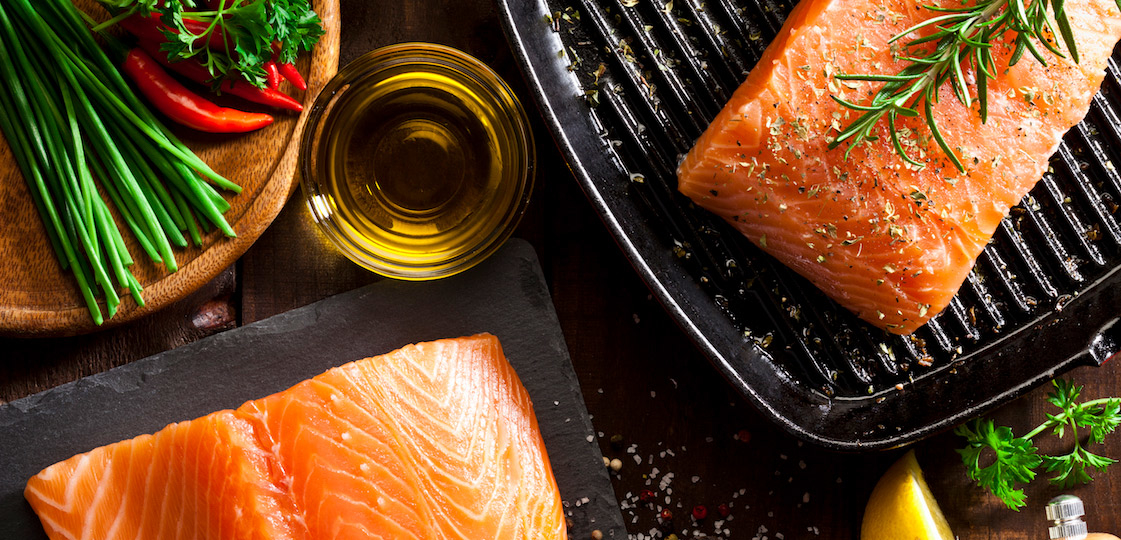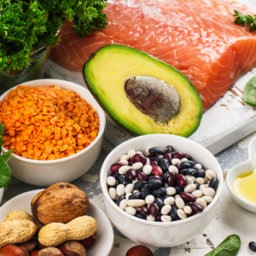
A diet high in omega-3 fatty acids can help prevent and treat a wide range of physical and mental health problems, including cardiovascular disease, depression and even some cancers. Omega-3 fatty acids can also help reduce inflammation in the body and improve brain function, helping to reduce the risk of age-related cognitive decline. Keep reading to learn 5 easy ways to get more Omega-3 in your diet.
1. SPRINKLE SOME SEEDS
Flaxseeds and chia seeds are both rich in omega-3 fatty acids, as well as antioxidants and a range of vitamins and minerals. Sprinkling a tablespoon of seeds on salads, pasta, yogurt or desserts is a tasty way to protect blood vessels from inflammation and oxidative stress. You can also add ground seeds to smoothies, fruit juices and even milkshakes.
2. ADD SOME LEAVES
Watercress and spinach are rich sources of omega-3 fatty acids, antioxidants, phytonutrients, folate and several other vitamins and minerals. Watercress and raw spinach leaves are also low in calories, making them ideal for those trying to lose weight. Raw leaves can be used in salads, sandwiches, pasta dishes, soups, stir-fry meals and many other dishes. Cooking can destroy some nutrients, so it’s best to use raw or lightly-cooked leaves.
3. SWAP MEAT FOR FISH
The best source of omega-3 fatty acids is oily fish, such as fresh tuna, salmon, mackerel and rainbow trout. Swapping meat for oily fish at least twice a week will provide over half of the recommended weekly intake of omega-3 fats. Fresh tuna steak, steamed salmon fillets and grilled mackerel are all tasty alternatives to meat and are great sources of high-quality protein.
4. ADD A LITTLE OIL
Flaxseed and walnut oils are high in omega-3 fatty acids and can be added to salad dressings, fresh pasta and even used for stir-fry meals or light cooking. Walnuts are also high in other heart-protecting nutrients, including magnesium, which many people do not eat enough of. Walnut oil can be used for light cooking, but is not suitable for prolonged cooking at high temperatures.
5. QUICK SNACKS
Walnuts are great for snacking between meals, as they help to stabilize blood sugar levels, while the omega-3 fats also boost brain function and improve concentration. Canned fish can also make a healthy snack to give your omega-3 levels a boost. Sardines on toast and salmon sandwiches are quick snacks that can improve memory and concentration levels.
Omega-3 fatty acids are needed for healthy brain function, joint health and to reduce inflammation in the body. Eating two or three portions of oily fish a week and adding other foods high in omega-3—such as walnuts, pumpkin seeds and spinach—to your diet can help to protect against cardiovascular disease, depression and even Alzheimer’s disease.















